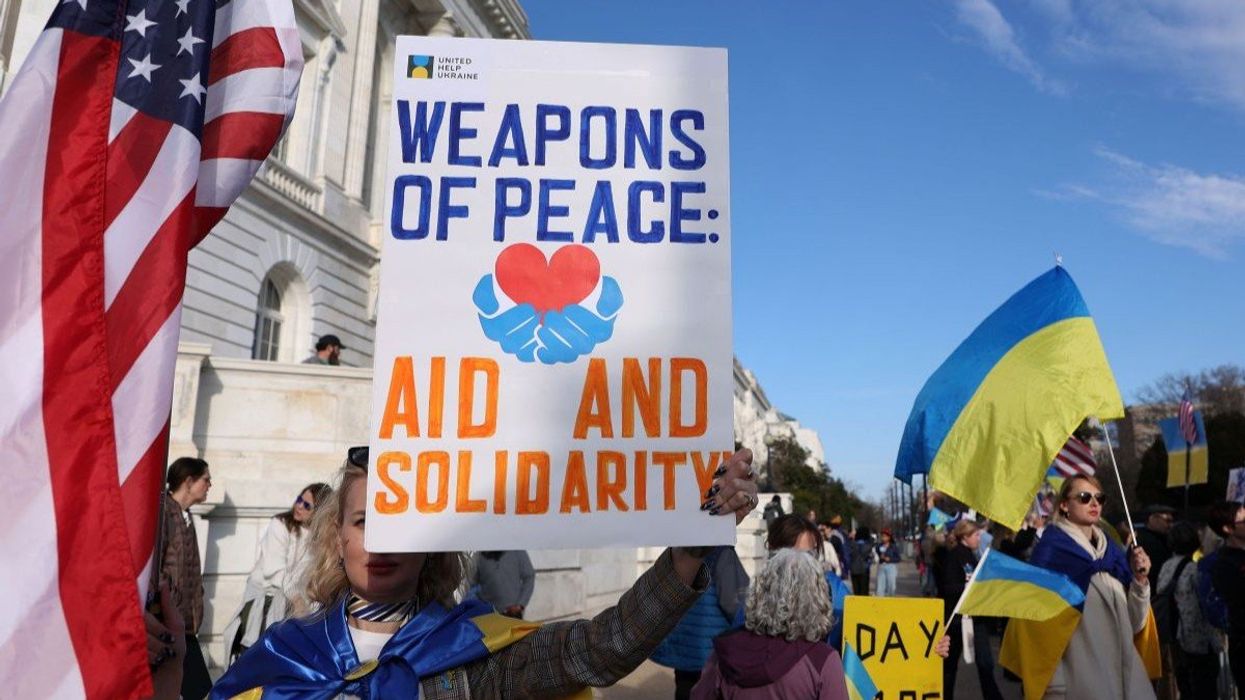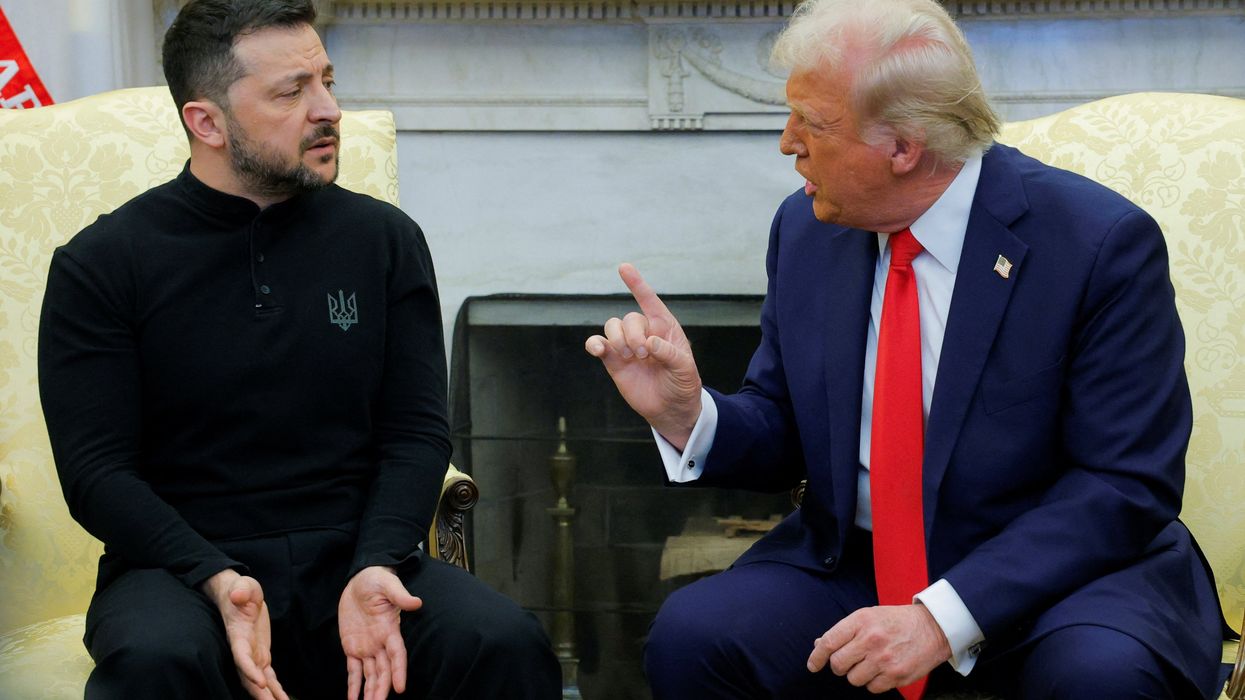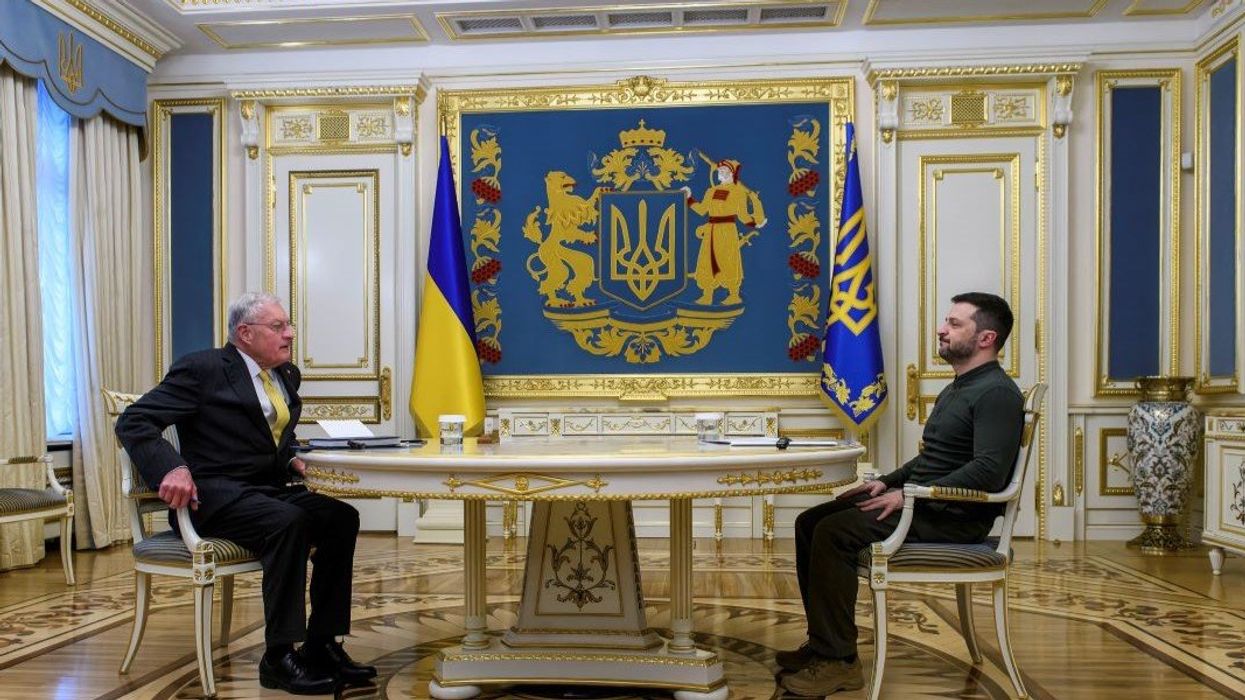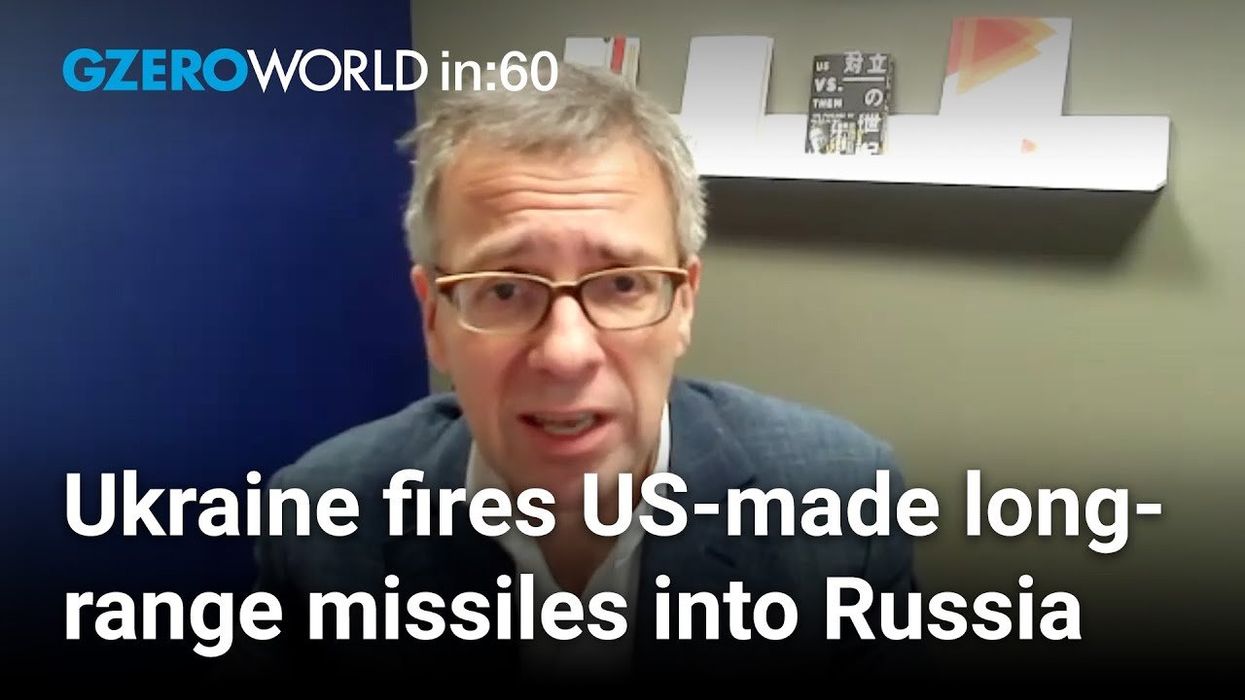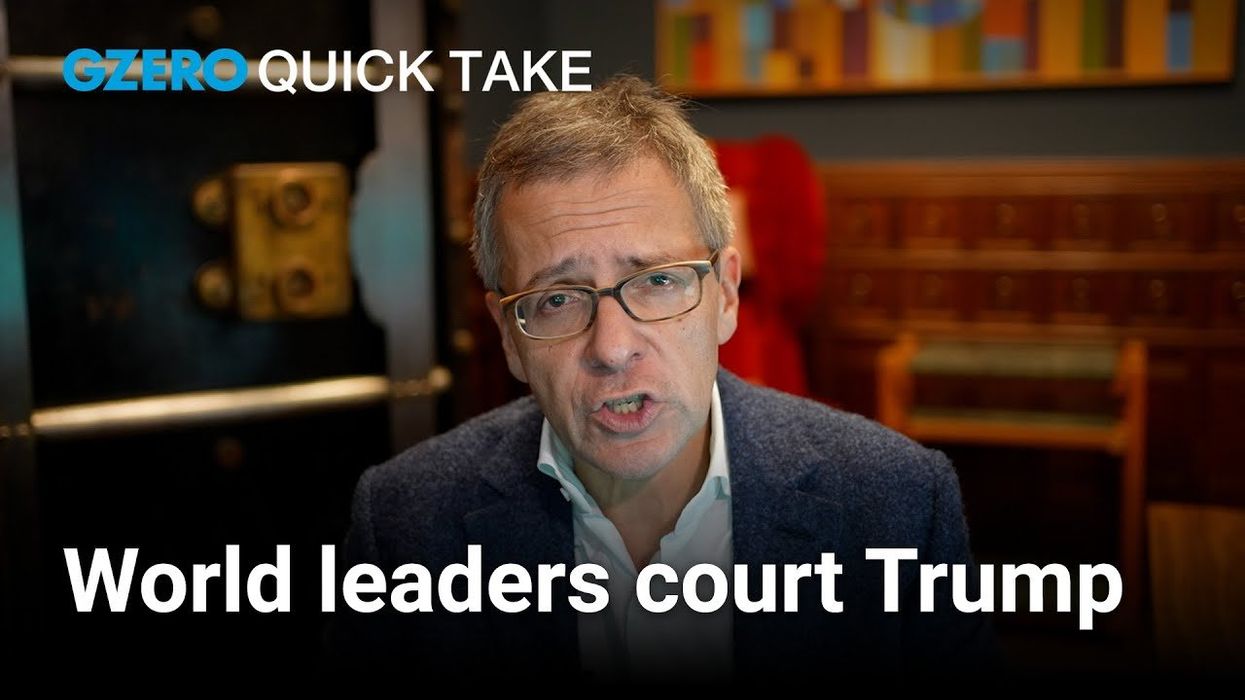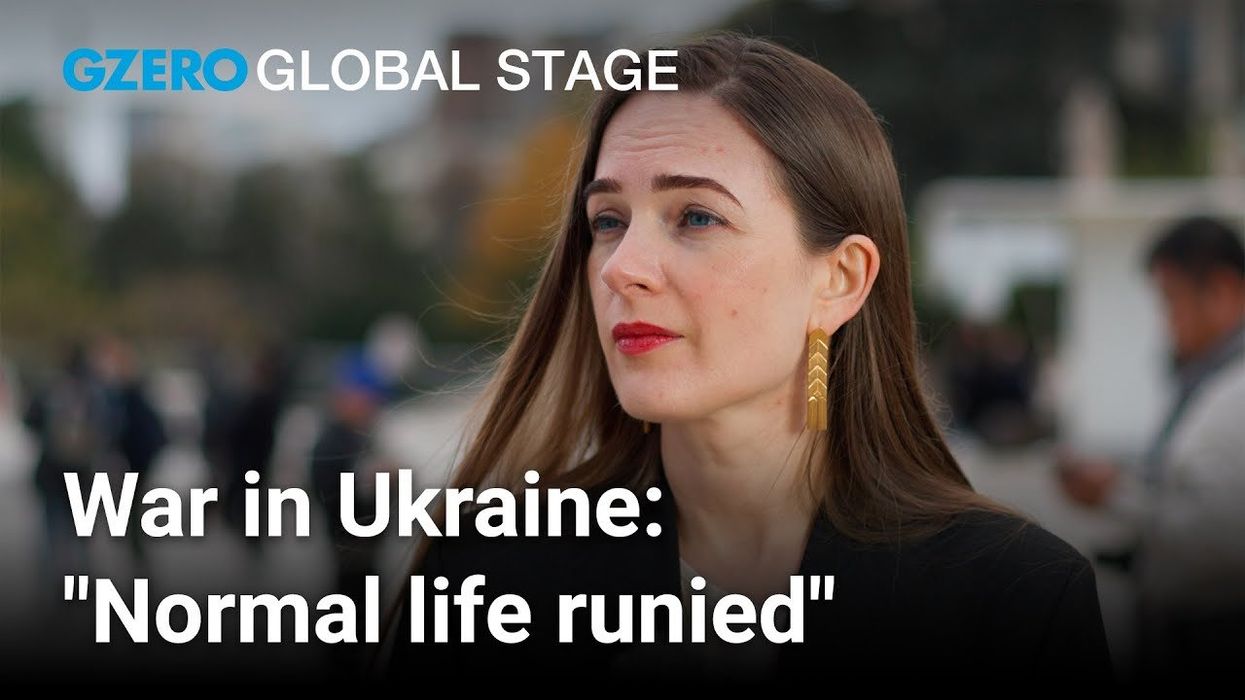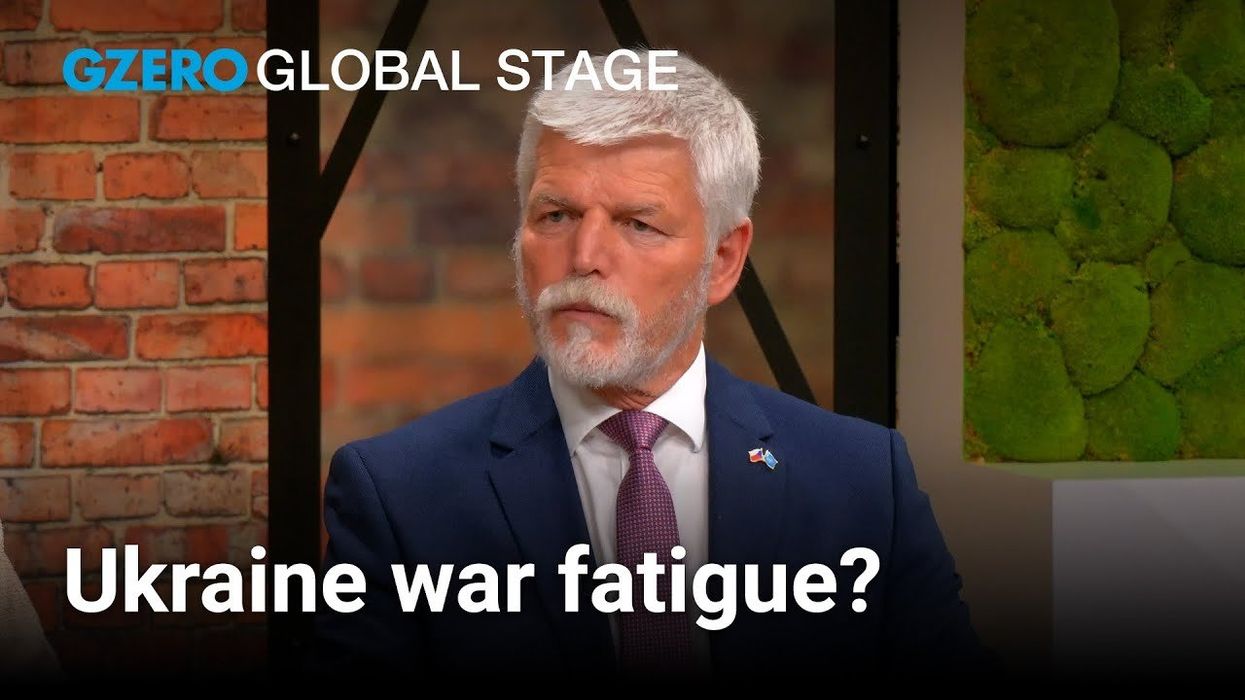Analysis
Explainer: Why did the US cut off critical military support for Ukraine this week?
Here’s a short guide to making sense of why the US cut shipments of Patriot interceptor missiles to Kyiv and how it could affect the course of the Russia-Ukraine war.
Jul 03, 2025
